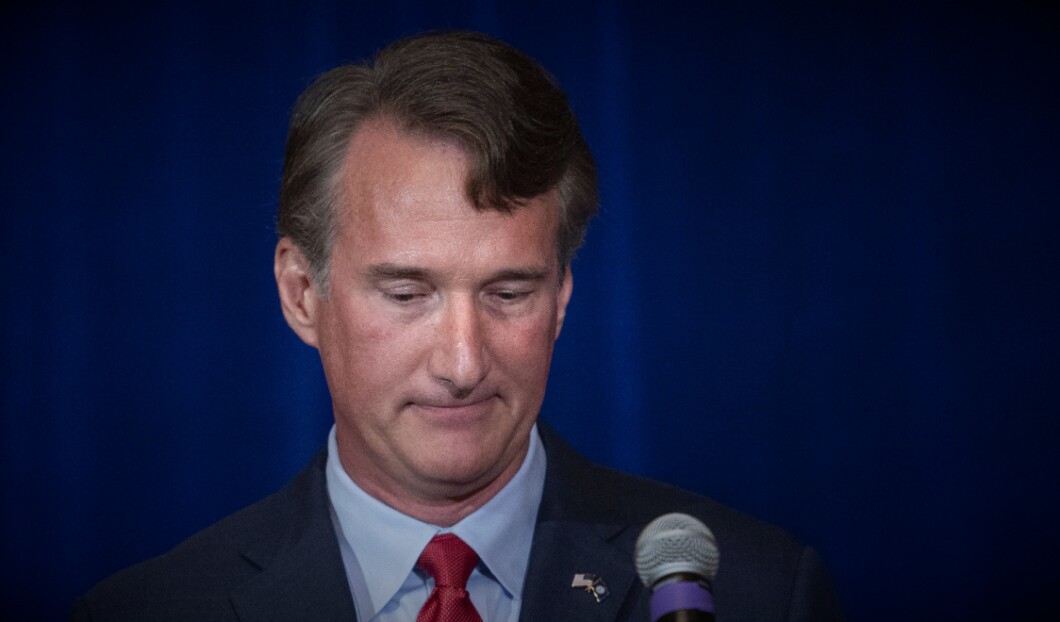
Virginia Gov. Glenn Youngkin (R) has appeared to have stopped an attempt from state senators to keep menstrual data out of the hands of law enforcement.
A bill passed in the Democratic-led state Senate would have banned search warrants for menstrual histories stored in tracking apps on electronic devices, per the Guardian. The bill was also supported by half of the chamber’s Republicans.
‘CHEAPLY SMEARED’: YOUNGKIN EDUCATION APPOINTEE REJECTED BY VIRGINIA DEMOCRATS FIGHTS BACK
However, a Republican-led House subcommittee voted along party lines Monday to essentially kill the bill, according to the Washington Post, after Maggie Cleary, Youngkin’s deputy secretary of public safety and homeland security, explained that the administration was concerned that the measure could restrict subpoena powers.
“While the administration understands the importance of individuals’ privacy, we do oppose this bill,” Cleary began. “This bill would be the very first of its kind that I’m aware of — in Virginia or anywhere — that would set a limit on what search warrants can do. … Currently any health information or any app information is available via search warrant. And we believe that should continue be the case.”
After Roe v. Wade was overturned by the Supreme Court last summer, pro-abortion advocates have been fearful of states using private health information, such as menstrual data, in prosecutions against abortion law violations.

Abortion is currently legal in Virginia up through the second trimester, typically around 27 weeks, and into the third if three doctors conclude the mother’s life is at risk. Youngkin has tried to ban abortion after 15 weeks but run into obstacles due to Democratic wins in the state Congress.
CLICK HERE TO READ MORE FROM THE WASHINGTON EXAMINER
Youngkin spokeswoman Macaulay Porter told the Washington Post he does not and will not support legislation that prosecutes women for abortion. “The Governor will not support any measures that seek to prosecute women,” Porter wrote in an email to the paper. “He’s focused on getting consensus for protecting life at 15 weeks, when a child can feel pain.”






